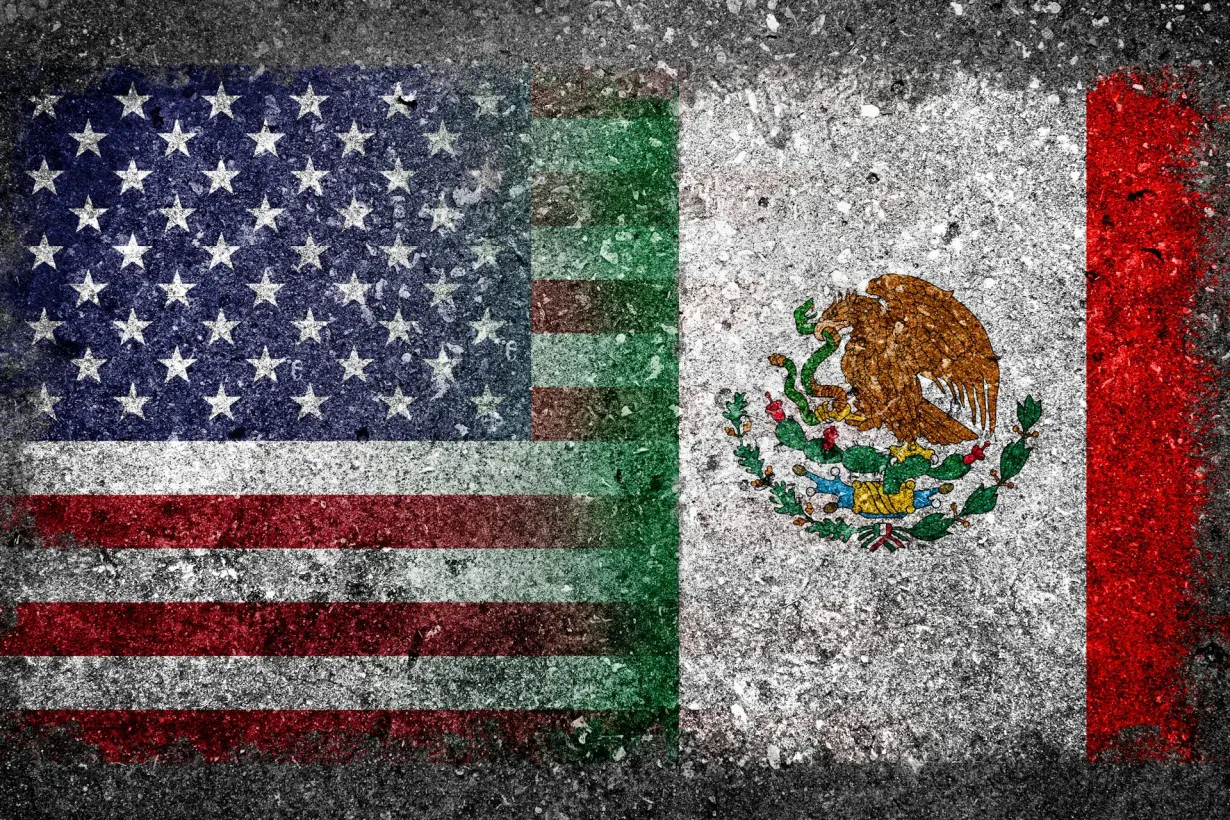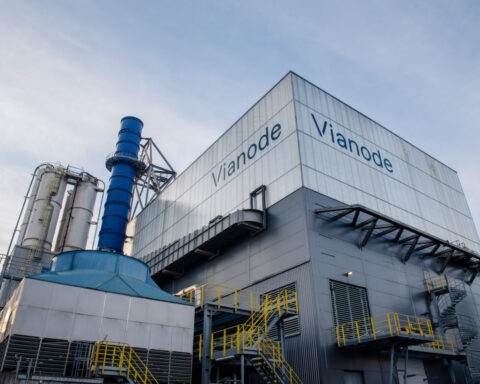“Hometown associations,” also known as migrant clubs, are nonprofits formed by immigrants who are originally from the same place in their country of origin. They serve as channels through which immigrants make charitable gifts that help people settle in their new country while also aiding communities back in their homelands. Many were created in the 1990s.
Mexican hometown associations are the most widely established.
But Turkish, Indian, Filipino, Guatemalan, Salvadoran, Ethiopian, Bolivian, Colombian and Dominican immigrants, among others, have created them too.
Why hometown associations matter
I’m a scholar of philanthropy who has recently studied the Mexican hometown associations that support causes on both sides of the U.S. southern border.
In particular, I researched the associations that make up the Federación de Clubes Unidos Zacatecanos en Illinois.
This federation, formed by immigrants from towns in the Mexican state of Zacatecas who moved to Illinois, includes 15 active associations. Each has between 20 and 500 members.
Since 1995, these nonprofits have helped newly arrived Mexican immigrants in the communities where they now live and residents of their original Zacatecan hometowns. For example, they help Mexican American students in Illinois pay for college, as well as chip in to cover some higher-ed costs for Mexican students back in Zacatecas.
The associations also contribute to projects that benefit their communities back in Zacatecas. Examples include paving roads, establishing athletic fields, installing electricity, increasing access to clean water and building everything from churches to health clinics.
The groups raise money by holding member breakfasts, mariachi concerts, raffles and other events in Chicago and elsewhere in Illinois. Their fundraisers can generate anywhere from a couple of thousand dollars to tens of thousands annually.
Many of these groups have informal origins. Some got their start when immigrants were gathering for other reasons, such as taking part in local soccer and baseball games. Today, most hometown associations remain led by volunteers.
Even with volunteer leadership, in the Mexican case, these associations have adopted more formal approaches to their operations over the years. They gather in local community centers, which they often own.
Collective remittances
Hometown associations are an example of what’s known as collective remittances, the technical term for immigrants pooling money earned abroad and sending it back to their homelands.
All told, immigrants around the world send about US$860 billion back to their homelands every year through remittances. This money flows directly to family and friends, helping them pay for housing, food and other expenses.
This estimate leaves out collective philanthropy, including the money that hometown associations send back to their homelands. I’ve never found a reliable estimate of the scale of hometown associations’ charitable contributions. Even the number of associations across immigrant groups is not fully determined, making estimates of their collective donations hard to calculate.
But what I have observed is how the members of hometown associations team up to serve their communities in ways that don’t involve only money. They voluntarily devote their time, labor and knowledge to help their countries of origin for the public good.
Susan Appe's research was supported by the U.S. Fulbright Program and The U.S.-Mexico Commission for Educational Exchange (COMEXUS).
Source: The Conversation

 78 dead at abandoned South Africa gold mine that was scene of a standoff. Toll is expected to rise
78 dead at abandoned South Africa gold mine that was scene of a standoff. Toll is expected to rise
 China blacklists four U.S. companies for involvement in arms sales to Taiwan
China blacklists four U.S. companies for involvement in arms sales to Taiwan
 China, Sri Lanka agree more investment and economic cooperation
China, Sri Lanka agree more investment and economic cooperation
 Poland's leader accuses Russia of planning acts of terror against 'airlines over the world'
Poland's leader accuses Russia of planning acts of terror against 'airlines over the world'
 Portugal's growth likely accelerating, finance minister says
Portugal's growth likely accelerating, finance minister says
 Italy's Salvini faces calls to quit over late-running trains
Italy's Salvini faces calls to quit over late-running trains
 Look of the Week: Timothée Chalamet adopts London’s most stylish accessory
Look of the Week: Timothée Chalamet adopts London’s most stylish accessory
 Texas online porn age-verification law goes to US Supreme Court
Texas online porn age-verification law goes to US Supreme Court
 Many Mexican immigrants stay connected to communities in their country of origin.
Many Mexican immigrants stay connected to communities in their country of origin.







